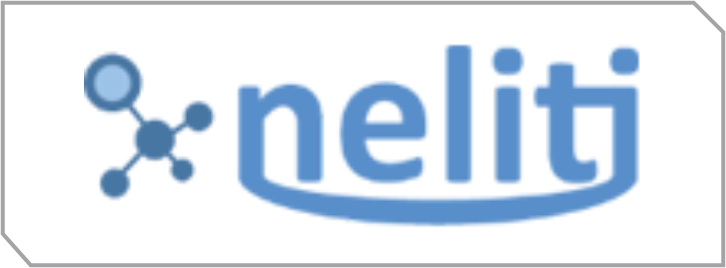Exploring Ethical and Quality Dimensions of Artificial Intelligence Influence on Trust
DOI:
https://doi.org/10.53748/jmis.v5i2.46Keywords:
artificial intelligence, trust, information accuracyAbstract
Objective – The purpose of this study is to examine how the amount of content generated by artificial intelligence (AI) is affecting the accuracy and reliability of information found online.
Methodology – Using a survey-based approach conducted online with a 5-Likert scale, assessed by 10 survey items.
Findings – The findings reveal that artificial intelligence does not have a direct effect on trust.
Novelty – The conclusion emphasizes the relationship of the variables that may be used to develop a suitable marketing strategy.
Downloads
References
Arslan, A., Cooper, C., Khan, Z., Golgeci, I., & Ali, I. (2022). Artificial intelligence and human workers interaction at team level: A conceptual assessment of the challenges and potential HRM strategies. International Journal of Manpower, 43(1), 75-88.
Hair, J. F., Risher, J. J., Sarstedt, M., & Ringle, C. M. (2019). When to use and how to report the results of PLS-SEM. European Business Review, 13(1), 2-24.
Horowitz, M. C., Kahn, L., Schneider, J., & Macdonald, J. (2023). Adopting AI: How familiarity breeds trust and contempt. AI & Society, https://doi.org/10.1007/s00146-023-01666-5
Lukyanenko, R., Maass, W. & Storey, V.C. (2022). Trust in artificial intelligence: From a Foundational Trust Framework to emerging research opportunities. Electronic Markets, 32, 1993–2020.
Kuen, L., Westmattelmann, D., Bruckes, M., & Schewe, G. (2023). Who earns trust in online environments? A meta-analysis of trust in technology and trust in provider for technology acceptance. Electronic Markets, 33, 61. https://doi.org/10.1007/s12525-023-00672-1
Riedl, R. (2022). Is trust in artificial intelligence systems related to user personality? Review of empirical evidence and future research directions. Electronic Markets, 32, 2021–2051.
Sari, H. C. (2022). The impact of perceived risk, perceived benefit, and trust on customer intention to use Tokopedia apps. Jurnal Bisnis Strategi, 31(2), 145-159.
Sekaran, U., & Bougie, R. (2016). Research methods for business: A skill-building approach. 7th Edition. Wiley & Sons.
Shamim, S., Yang, Y., Ul Zia, N., Khan, Z., & Shariq, S. M. (2023). Mechanisms of cognitive trust development in artificial intelligence among front line employees: An empirical examination from a developing economy. Journal of Business Research, 167, 114168.
Taherdoost, H. (2021). Data collection method and tools for research: A step-by-step guide to choose data collection technique for academic and business research projects. International Journal of Academic Research in Management, 10(1), 10-38.
Teodorescu, D., Aivaz, K-A., Vancea, D. P. C., Condrea, E., Dragan, C., & Olteanu, A. C. (2023). Consumer Trust in AI Algorithms Used in E-Commerce: A Case Study of College Students at a Romanian Public University. Sustainability, 15(15), 11925.
Wanner, J., Herm, L. V., Heinrich, K. & Janiesch, C. (2022). The effect of transparency and trust on intelligent system acceptance: Evidence from a user-based study. Electronic Markets, 32, 2079–2102.
Yu, L., & Li, Y. (2022). Artificial intelligence decision-making transparency and employees’ trust: The parallel multiple mediating effect of effectiveness and discomfort. Behavioral Sciences, 12(5), 127.
Downloads
Published
How to Cite
Issue
Section
License
Copyright (c) 2025 Journal of Multidisciplinary Issues

This work is licensed under a Creative Commons Attribution 4.0 International License.
Authors retain copyright and grant the journal right of first publication with the work simultaneously licensed under a Creative Commons Attribution 4.0 (CC 4.0) that allows others to share the work with an acknowledgement of the work's authorship and initial publication in this journal.
Authors are able to enter into separate, additional contractual arrangements for the non-exclusive distribution of the journal's published version of the work (e.g., post it to an institutional repository or publish it in a book), with an acknowledgement of its initial publication in this journal.

















